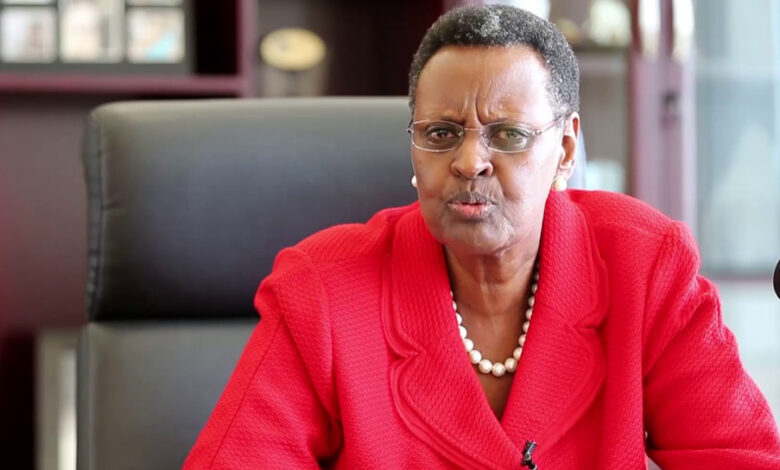Kasese’s digital dilemma: Big potential, bigger costs
Last month, Education Minister Janet Museveni announced that students in primary and secondary schools could bring laptops, smartphones, and tablets to class, provided strict regulations were in place.

Parents and teachers in Kasese District are cautiously optimistic about the Education Ministry’s recent decision, to introduce digital devices into schools, recognizing the potential for modernizing education.
However,many are questioning whether the economic realities of rural Uganda can support this ambitious shift.
Last month, Education Minister Janet Museveni announced that students in primary and secondary schools could bring laptops, smartphones, and tablets to class, provided strict regulations were in place.
While this move is seen as a positive step towards bridging the digital divide, concerns about affordability and infrastructure overshadow the excitement.
Nzyabake Vangirine, a local resident, fully supports the initiative, but highlights a harsh truth.
“How are parents supposed to afford these gadgets when household incomes are dwindling due to falling crop prices?” She calls on the government to provide free ICT devices to schools and extend electricity access in rural areas.
Teachers in Kasese, like Bwambale Moses Buhya from Kyalumba Sub County, see the potential for digital learning but are quick to emphasize the cost barrier.
“Without subsidies and solar power in off-grid areas, many families won’t keep up,” he says, stressing that the government needs to step in if this initiative is to succeed.
Florence Kabugho, a parent at Muhokya Primary School, is also skeptical, noting the lack of ICT-trained teachers and the burden of data costs on already struggling parents.
“It’s not just buying the gadget, but the ongoing cost of data,” she says, reflecting a concern shared by many.
On the other hand, Ali Kusemerere, a secondary school teacher, feels parents need not worry excessively if schools enforce proper guidelines.
Still, he agrees that for most families, affording these devices will be a huge stretch.
For Joelesi Serebethe, the Assistant CDO of Kyalumba Sub County, the issue extends beyond cost.
He questions how students will be shielded from the negative sides of the internet, expressing concerns about the readiness of rural communities to manage the risks of smartphone use.
Though the Education Minister reassures that all devices must meet strict regulatory standards and be configured to block harmful content, the larger question lingers: Can rural Uganda afford to embrace the future of digital learning, or will this initiative widen the gap between urban and rural education?







